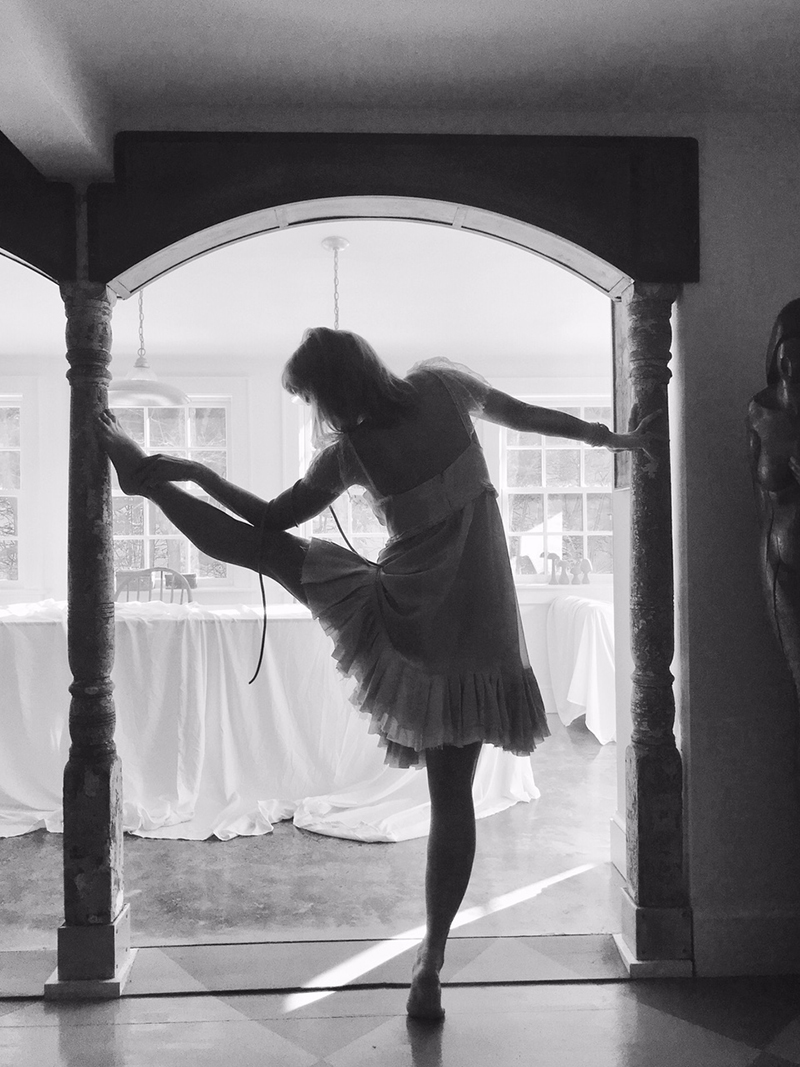
story / Catherine Santino
photos / Helena Christensen
At Oh Land’s performance at the Danish Consulate in New York City, she emerges wearing a powder blue skirt made of tulle. Knowing her dance background, I smile at this subtle nod to her past. Though a back injury caused her to halt her ballet training as a teenager, Oh Land (a native Dane whose real name is Nanna Øland Fabricius) is still connected to that part of her life. Recently, she’s composed music for the Danish Theatre, even collaborating with the Queen of Denmark on a production. She tells me that she completed the last edit of a composition an hour before she went into labor with her son Svend, who is now three years old.
When she sits down to play a few songs from her new album Family Tree, the small crowd gathered at the Consulate is transfixed. The record is a raw, heart-wrenching introspection of Oh Land’s experience becoming a mother and ultimately separating from her husband. As she puts it: “It’s about making and breaking a family.”
If you’re familiar with Oh Land’s previous work, then you know the dance-y, electro-pop songs like “White Nights” and “Sun of a Gun” that put her on the map. Though her signature synth makes an appearance on Family Tree (“Someone I Can Be Alone With”, “Sunlight”), it’s a new direction for Oh Land. The record is stripped back to strings, piano, and percussion – and of course, her ethereal vocals.
“It was super scary,” she says of sharing her new work. “I think because I feel so naked in some of these songs; it’s intimidating. But on the other hand, it’s very liberating because I finally let go. Like it doesn’t just exist in my system, I gave it away. It feels really good to give away.”
Before she starts her set, Oh Land jokingly warns us that she’s jet-lagged. But if she hadn’t said anything, we would have never known. In fact, this might be a rare case where exhaustion would enhance a performance. “Human Error”, the first song she plays for us, is a painfully honest account of the disorienting days after a tragedy. “This is no hotel / This is no home /Just another bed where we sleep / Temporary home where we live,” she laments.
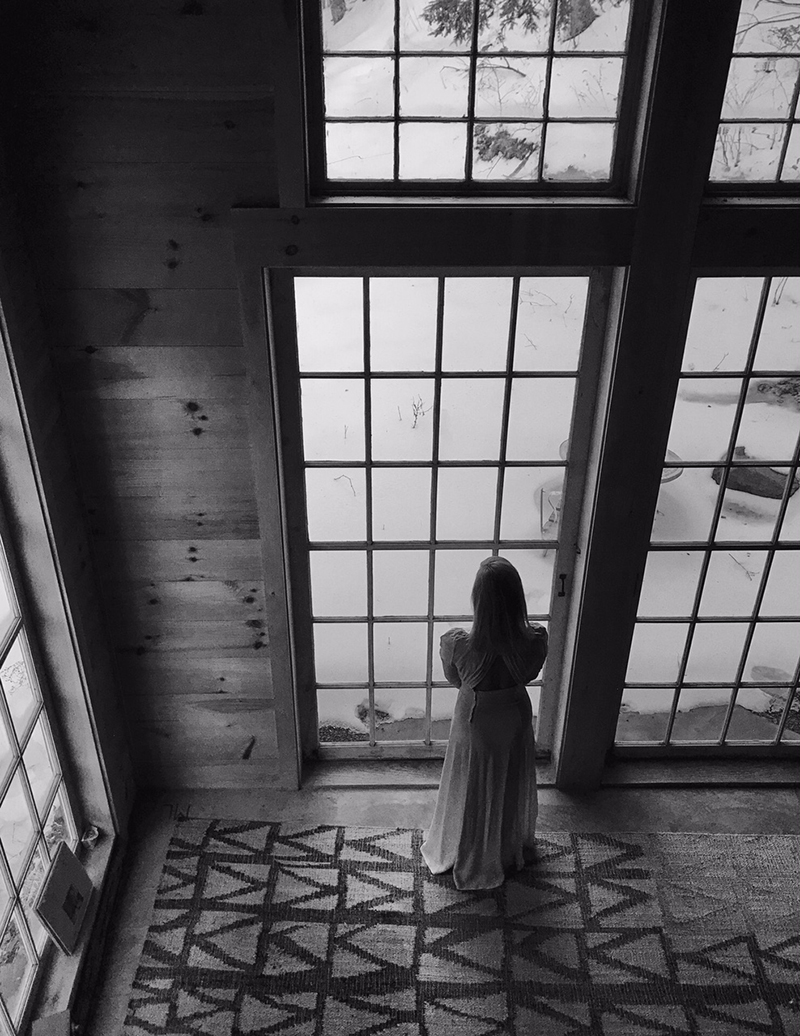
“When I was finally ready to write again and had the energy to be creative, my life was turned upside down,” she tells me over lunch a couple of days after the performance. “I had bought a house that I then had to move out of, and it was just a lot of major changes in my life on top of becoming a mother. So everything that I had started doing suddenly felt irrelevant. Like I just had to start from scratch; not just musically, but in all aspects.”
But the community she found in motherhood was a saving grace. “The cool thing about becoming a mother is that suddenly you get admitted to this club of women,” she says. “I realized the importance of women in my life, like my mother, my sister, my friends. Just even strangers on the street who also have kids, suddenly I had this connection with them.”
“You just realize the power of women in a whole new way,” she continues. “Sorry to say it, but men become a little useless,” she laughs.
Oh Land began writing Family Tree in the hopes that she could provide a similar comfort to others. “I want people who are equally as disoriented as I was to feel like…like there’s a lighthouse on the ocean. There’s someone who’s like, ‘I see you, I feel what you’re feeling and it will all get better.’”
The poeticism of Family Tree is undeniable. The lyrics read like an eloquent stream of consciousness, so it makes sense when Oh Land tells me that she didn’t once sit down with a pen and paper to write them. Instead, she created melodies and sang along to them until the words felt right – a technique she’d never used before.
On a surface level, the title “Family Tree” refers to the tangled state of Oh Land’s own family, but there’s a deeper meaning behind it. She tells a story about riding in a taxi in London, when she looked at her phone to see that Donald Trump had won the presidency. “I looked out the window and we were passing by these huge, old trees,” she recalls. “And I thought to myself, ‘These trees have seen years of war and destruction, and they still stand.’”
This thought was reassuring to her in that moment; that no matter the devastation that was occurring, humanity would still pull through. The same concept was comforting to Oh Land personally, as she struggled to put the pieces of her life back together.
At its core, Family Tree is about rooting yourself in times of upheaval and trusting that you’ll come out the other side. Oh Land closes the record with “After the Storm”, an anthem of hope and rebirth. “Chaos stops / the real work starts,” she says. “Even the rain knows that I am different now / Even the rain knows that I am better now.”
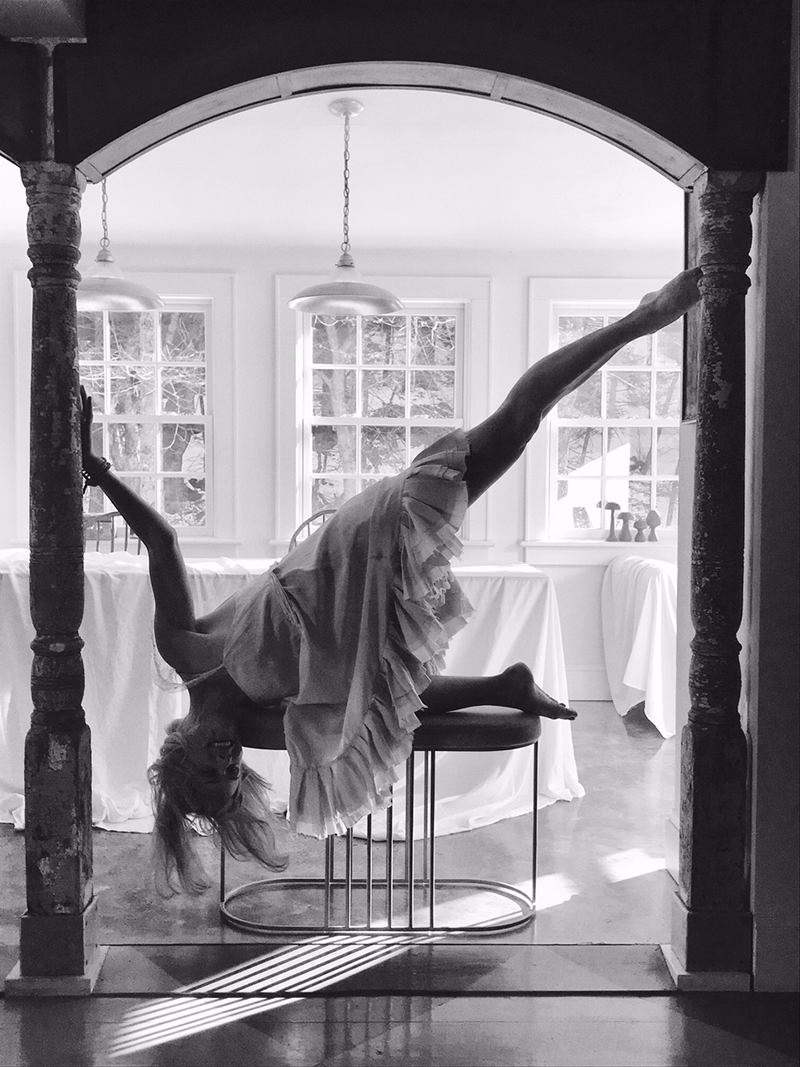
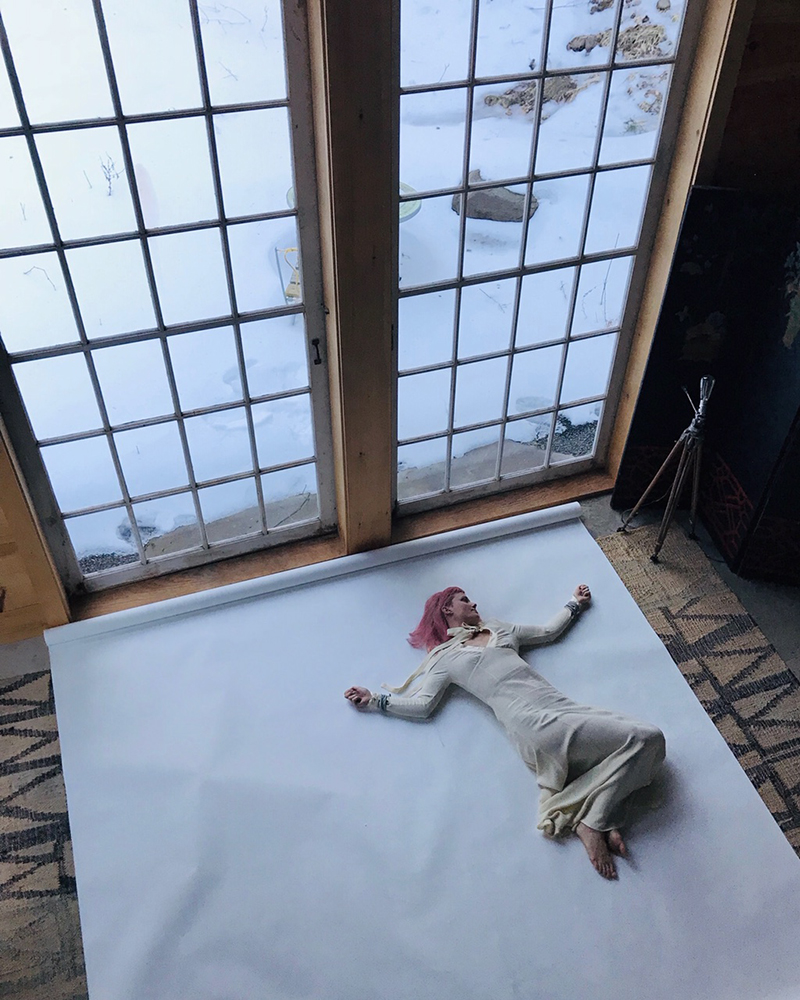
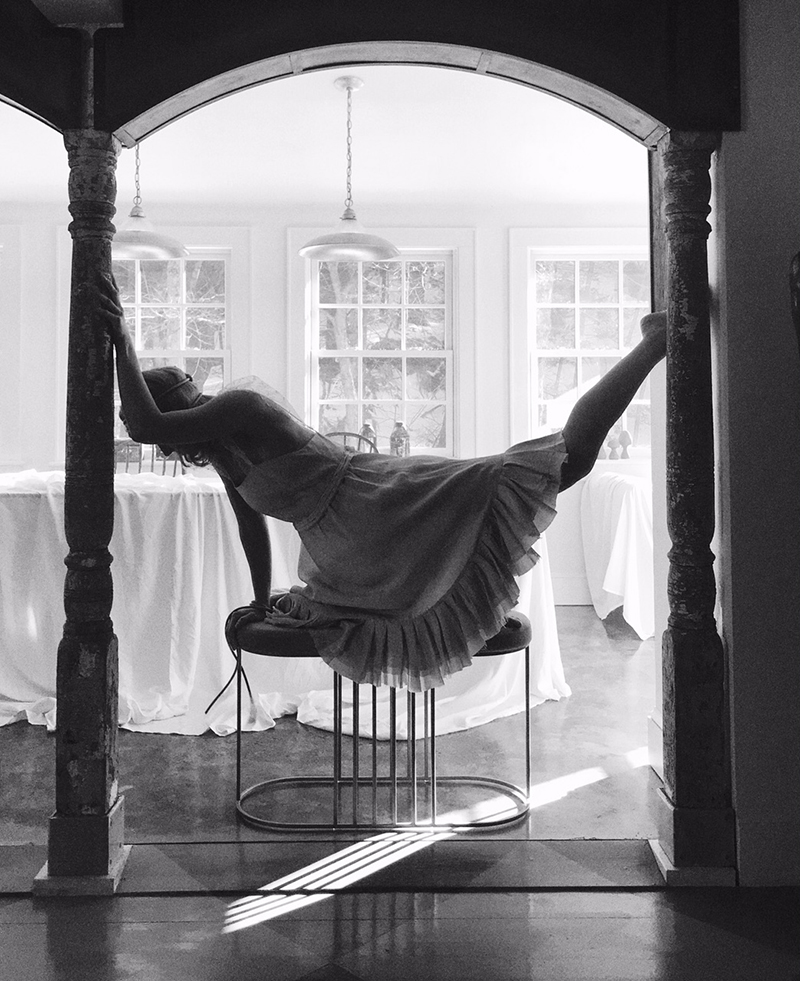
CONNECT WITH OH LAND:
Twitter // Facebook // Instagram
